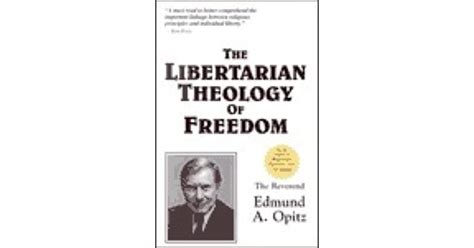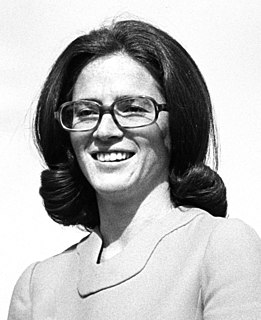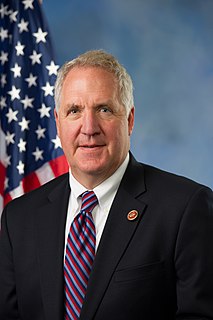A Quote by Rush Limbaugh
The Constitution was written to protect individual freedom and limit the ability of the government to encroach upon it. The liberals don't like that. The Democrats are very unhappy. The Constitution limits government too much. So they want to rewrite it, have a second Bill of Rights. So they want a new Bill of Rights that spells out what government can do instead of a Bill of Rights that tells government what it can't do.
Related Quotes
The first ten amendments were proposed and adopted largely because of fear that Government might unduly interfere with prized individual liberties. The people wanted and demanded a Bill of Rights written into their Constitution. The amendments embodying the Bill of Rights were intended to curb all branches of the Federal Government in the fields touched by the amendments-Legislative, Executive, and Judicial.
There are rights that Hillary Clinton doesn't like. American people have too many rights. There's too much freedom. Government doesn't have enough rights, in her mind. Government's too limited. The Constitution limits the government way, way, way too much. "And I feel strongly that" - fake smile - "the Supreme Court needs to stand on the side of the American people." Not on the side of the powerful corporations and the wealthy.
So what's the difference between republican and democratic forms of government? John Adams captured the essence of the difference when he said, 'You have rights antecedent to all earthly governments; rights that cannot be repealed or restrained by human laws; rights derived from the Great Legislator of the Universe.' Nothing in our Constitution suggests that government is a grantor of rights. Instead, government is a protector of rights.
You don't know who the next group is that's unpopular. The Bill of Rights isn't for the prom queen. The bill of rights isn't for the high school quarterback. The Bill of Rights is for the least among us. The Bill of Rights is for minorities. The Bill of Rights is for those who have minority opinions.
Potentially, a government is the most dangerous threat to man's rights; it holds a legal monopoly on the use of physical force against legally disarmed victims. When unlimited and unrestricted by individual rights, a government is man's deadliest enemy. It is not as protection against private actions, but against governmental actions that the Bill of Rights was written.
The framers of our Constitution understood the dangers of unbridled government surveillance. They knew that democracy could flourish only in spaces free from government snooping and interference, and they put restraints on government overreaching in the Fourth Amendment of the Bill of Rights. . . . These protections require, at a minimum, a neutral arbiter - a magistrate - standing between the government's endless desire for information and the citizens' desires for privacy.
































